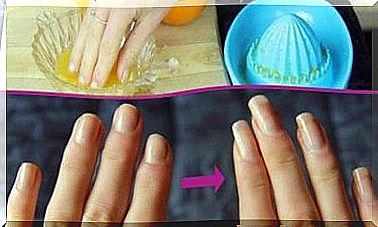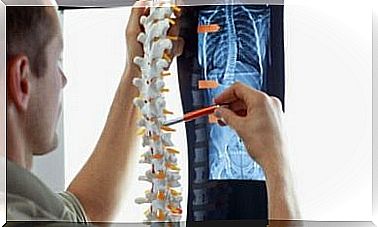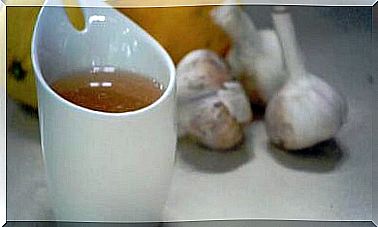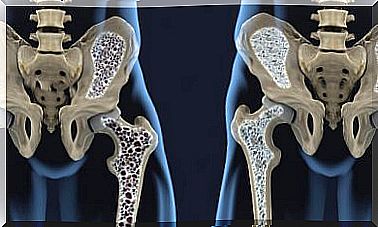Fewer Carbohydrates In Your Diet: 6 Tips
If you want to consume fewer carbohydrates in your diet, you have to replace high-sugar foods, ideally with vegetables!
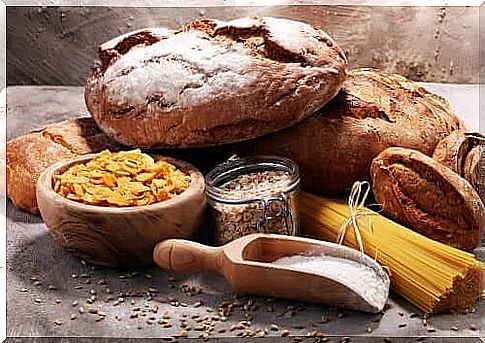
There is a healthy way to lose weight by consuming less carbohydrates . This can be a difficult challenge, however, as many of the foods we eat regularly are high in carbohydrates. We have therefore put together a few tricks for you today to make your project easier for you.
Carbohydrates are important, but only in moderate amounts, otherwise they can cause health problems. Don’t forget that while they provide vital energy, they also have a negative impact on weight and blood sugar levels.
What are carbohydrates?
These are macronutrients that are found in a great many dishes. Their most important function is to give the organism energy quickly in order to be able to perform daily physical and mental performances. They can be found in bread, pasta or fruit, for example.
When you exercise regularly, the body uses carbohydrates to function. They are the main source of energy and form the basis of the food pyramid.
6 tips for consuming fewer carbohydrates
1. Replace wheat flour with other types of flour that are lower in carbohydrates
We all know that the regular white flour that we mostly use is high in carbohydrates. But there are various alternatives that can also be used very versatile and are much healthier.
For example, you can replace wheat flour with coconut or nut flour in various recipes. It is estimated that 100 g of nut flour contains about 11 g less carbohydrates than ordinary white flour. Coconut flour provides about 21 g less carbohydrates per 100 g and is therefore perfect in weight-loss diets.
2. Order vegetables as a side dish if you are dining out

- If you choose vegetables as a side dish, you are getting valuable fiber and hardly any carbohydrates.
3. Eat eggs and other foods that are lower in carbohydrates than the traditional bread-based breakfast
A healthy breakfast also usually contains carbohydrates. But there is another way: You can start the day with a soft-boiled egg, for example. This only contains about 1 g of carbohydrates, but provides valuable protein and keeps you full for a long time.
- Prepare your eggs in a healthy way: for example, you can fry a fried egg in a little olive oil or serve boiled eggs with steamed vegetables. Of course there are many other options as well. The best thing to do is to get creative yourself!
4. Avoid consuming sugared soft drinks
Commercially available juices and sweetened soft drinks hardly provide any healthy nutrients, but they do provide a lot of unnecessary calories. The body reacts with a desire for more, which results in you consuming lots of simple carbohydrates. It should not be forgotten that the sugar contained in these drinks affects the metabolism. It can also cause the following complaints:
- Increased insulin resistance
- Tendency to develop type 2 diabetes
- Increased risk of overweight and obesity
5. Try other types of bread and avoid white bread
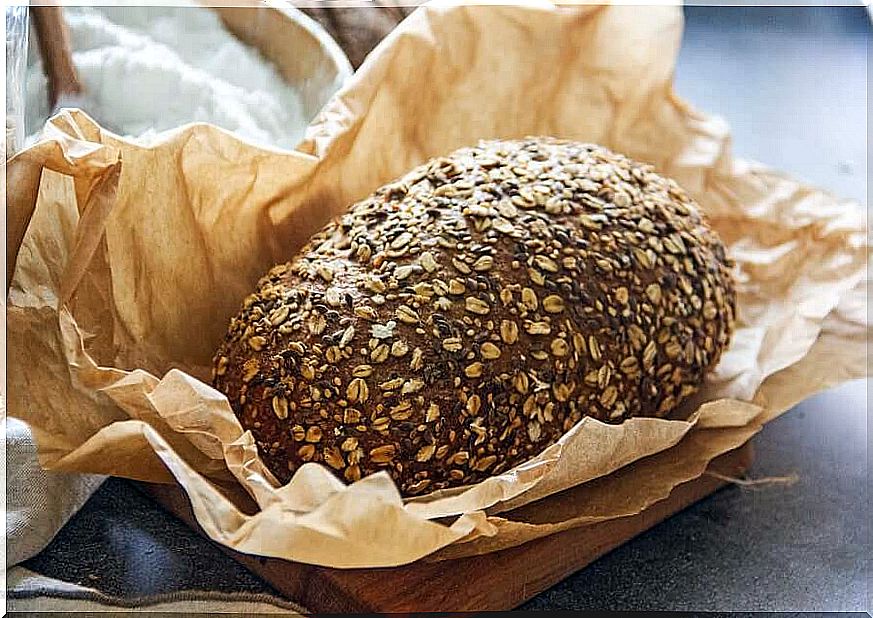
Bread is a very popular food in almost every country in the world, but unfortunately it usually contains a large amount of carbohydrates. White bread is the most unhealthy choice because it hardly provides any fiber, but too many carbohydrates.
Opt for wholemeal, healthy bread made from other types of flour; for example flour made from seeds or nuts. Buckwheat flour is also recommended.
6. Replace cow’s milk to consume less carbohydrates
While cow’s milk contains important nutrients, if you want to switch to a low-carbohydrate diet, you should largely avoid it. It is estimated that the body absorbs between 12 and 13 g of carbohydrates per 240 ml of cow’s milk. It is therefore advisable to look for alternatives!
Plant milk is best, for example from coconuts, almonds or walnuts. Most of these plant-based milks don’t provide more than 2 g of carbohydrates per glass, so you can use them to significantly reduce the amount of carbohydrates in the long term.
Reducing your daily intake of carbohydrates shouldn’t be a sacrifice, but a pleasure. Our simple tips can help you make the transition slowly and in a healthy way. Remember that the point is to eat less carbohydrates, but not to cut them out entirely. Because the body needs a certain amount of it.



